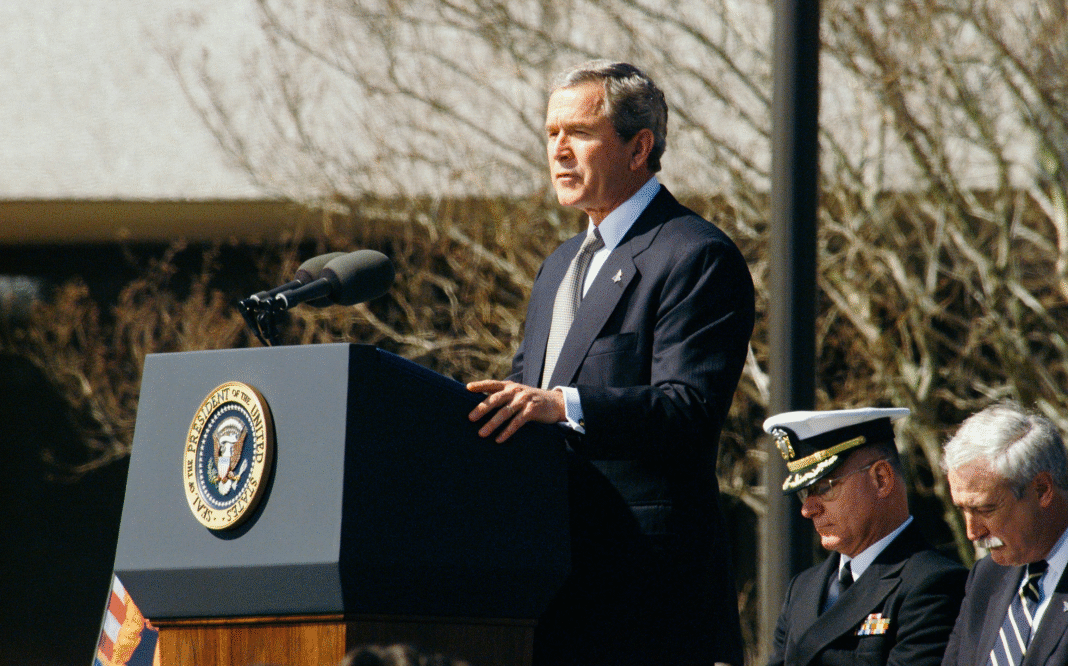Things You Should Know About Past Politicians
From the gilded halls of the White House to the smoke-filled backrooms of Capitol Hill, American politics has always been marked by an air of grandeur, drama, and intrigue. While history books provide us with the official accounts of presidents, senators, and statesmen, many fascinating truths lie hidden beneath the surface. These lesser-known facts reveal the humanity, contradictions, and peculiarities of those who once held the reins of American power.
In this in-depth HMI Magazine analysis, we delve beyond the headlines and textbooks to uncover surprising, bizarre, and insightful truths about the politicians who shaped America — and what lessons Haitian leaders can draw from these hidden histories.
1. Thomas Jefferson’s Secret Second Life as a Foodie and Architect
Many know Thomas Jefferson as the principal author of the Declaration of Independence, but few realize his obsession with fine food and architecture. During his diplomatic missions in France, Jefferson collected recipes, seeds, and even a pasta machine. He brought macaroni and cheese back to America, helping to popularize the dish.
He was also an amateur architect who personally designed Monticello and the University of Virginia — symbols of his vision for an enlightened republic.
HMI Insight: Jefferson reminds us that a politician’s intellectual and cultural curiosity can shape a nation’s identity. In Haiti, a similar blend of artistry and leadership is often found in our musicians-turned-advocates who use creativity as a means to inspire national pride and policy reform.
2. Abraham Lincoln Was a Champion Wrestler
Before he was the Great Emancipator, Abraham Lincoln was known for his brawn. He reportedly lost only one match out of over 300 and earned a reputation as a champion in frontier wrestling. His physical strength and towering presence were part of what made him a respected figure long before he stepped into national politics.
HMI Insight: Lincoln’s rugged charisma echoes the grit of many HMI pioneers — artists who rise from humble beginnings, mastering their craft and leading movements with both muscle and moral clarity.
3. FDR Hid His Paralysis From the Public
Franklin D. Roosevelt, America’s only four-term president, led the nation through the Great Depression and World War II. But what many forget, or never learned, is that he was paralyzed from the waist down due to polio and used a wheelchair. He went to great lengths to keep this hidden, with the cooperation of the media, fearing it would undermine his image of strength.
HMI Insight: In both politics and entertainment, the perception of invincibility is often more valuable than truth. The HMI has had its share of stars who mask personal struggles to maintain public appeal. FDR’s legacy is a reminder that real strength often lies in perseverance, not perfection.
4. Lyndon B. Johnson’s Obsession with Power Was Matched Only by His Insecurity
LBJ was a master manipulator of Washington’s inner workings — a legislative genius who passed civil rights legislation and expanded social programs. Yet behind closed doors, he was plagued by insecurity, known to berate staff, obsess over his image, and even conduct meetings from the bathroom to assert dominance.
HMI Insight: Like many in the entertainment industry, political power can feed both greatness and ego. The cautionary tale of LBJ mirrors that of certain HMI executives, whose brilliance is sometimes dimmed by unchecked pride.
5. Richard Nixon Was an Accomplished Pianist and Jazz Lover
While the Watergate scandal tarnishes Richard Nixon’s legacy, many are unaware that he was a skilled pianist and composer. He often played for White House guests and had a deep appreciation for jazz and classical music. Music was his escape, a world where he could find control and beauty amid political chaos.
HMI Insight: Nixon’s story is a study in contrasts. In HMI, we often see talented artists whose personal contradictions lead to both innovation and downfall. His musicality suggests that even controversial figures can have deeply artistic souls.
6. Barack Obama Collected Comic Books and Wrote Poetry
Long before the “Yes We Can” era, Barack Obama was a self-described nerd who loved collecting Spider-Man and Conan the Barbarian comics. In college, he wrote poetry exploring themes of identity and struggle. His creative background helped shape the eloquent, thoughtful leader the world came to admire.
HMI Insight: Obama’s example resonates in the HMI, where lyricism and storytelling form the backbone of cultural leadership. His ability to weave poeticism into politics proves that artistry and governance are not mutually exclusive.
7. George Washington Was a Reluctant President Who Preferred Farming
Though revered as the “Father of His Country,” George Washington would’ve rather been a farmer. He longed to return to Mount Vernon after the war and accepted the presidency out of duty rather than ambition. He warned against political parties and foreign entanglements, many of which still define American politics today.
HMI Insight: In Haiti, the call to serve often finds its loudest echo in reluctant leaders — activists, teachers, and even musicians who lead because they must, not because they seek glory. Washington’s humility is a powerful lesson for future Haitian statesmen.
Final Thoughts: Why This Matters to the HMI
At first glance, the political intrigues of America’s past may seem worlds apart from Haiti’s music scene. But dig deeper, and you’ll find that every leader, like every performer, carries a personal symphony of ambitions, contradictions, talents, and fears.
The Haitian Music Industry is filled with figures who, much like the U.S. presidents and senators of old, navigate fame, pressure, and expectations. Many are more than entertainers — they’re community builders, political commentators, and voices of their generation. By understanding the complexities of historical leadership, HMI artists and fans alike can gain insight into the kind of legacy they, too, can shape.
HMI Magazine Editorial Note:
History is never just what’s written — it’s also what’s felt, fought for, and hidden. As we reflect on the untold truths of American politics, we encourage our readers, artists, and industry stakeholders to find strength in authenticity and to build their own legacies with heart, humility, and courage.
HMI Magazine — The Pulse of Haitian Culture, History, and Music. Subscribe today for more groundbreaking features.



